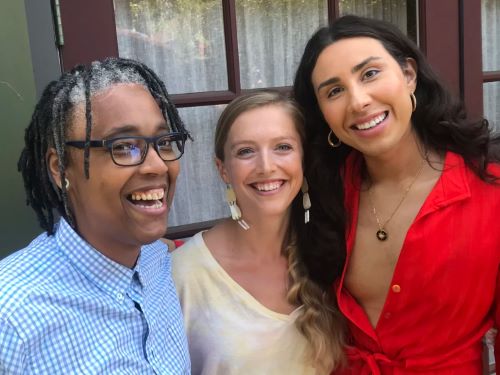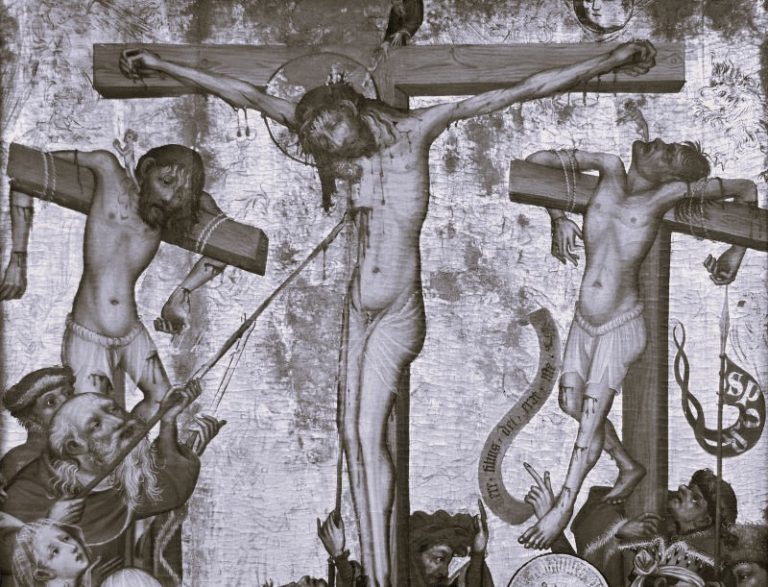

Society understands at this point that sexuality is a spectrum.

By Terry Gross
Host, Fresh Air
NPR
As an intersex person, Alicia Roth Weigel knows that biological sex is more complicated than two boxes on a birth certificate.
“Intersex people are born with physical traits that don’t fit neatly into a ‘male’ or ‘female’ box,” Weigel says. “We have combinations of hormones, chromosomes, internal reproductive organs, external genitalia that just doesn’t fit neatly on one of those two binary options that you were taught in elementary biology class are the only options.”
Weigel, who identifies as she/they, was born with androgen insensitivity syndrome — a condition in which a person has both X and Y chromosomes, but does not respond to male hormones. Though Weigel presented as female at birth, tests revealed that she lacked a uterus and ovaries, and that she had internal testes.
Citing the risk of testicular cancer, Weigel’s doctors convinced her parents to have her testes surgically removed, but Weigel now says the cancer risk was overstated — and that the removal of her testes as an infant led to complications later in life.
“By removing my testes, they basically put my body into artificial hormone withdrawal and didn’t give me new hormones until a certain age when they decided it was time to induce puberty on my body,” she says. “Puberty that would have happened naturally on its own had they left my body intact.”
An advocate for the rights of intersex people, Weigel is one of three intersex people profiled in Julie Cohen’s documentary Every Body. Cohen co-directed (along with Betsy West) the documentaries RBG, Julia and Gabby Giffords Won’t Back Down. She says Every Body was inspired by the story of David Reimer, a Canadian man whose botched circumcision led to him being castrated as a baby and raised as a girl.
Though the sex researcher who treated Reimer maintained that a child’s gender was malleable until the age of 2 or 3, Cohen says Reimer’s case ultimately proved otherwise. Over a period of time, he assume a male gender identity, started taking male hormones and eventually had surgery to reconstruct a penis.
“David always felt uncomfortable [as a girl] and even went as far as always trying to urinate standing up because he actually knew he was a boy,” Cohen says. “Ultimately, the parents broke down and told him the truth. … They thought he would be horrified by this information. In fact, he was incredibly relieved because now his whole childhood made more sense to him.”
READ INTERVIEW TRANSCRIPT AT NPR


